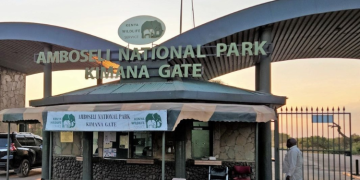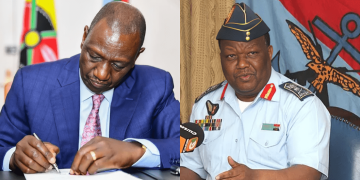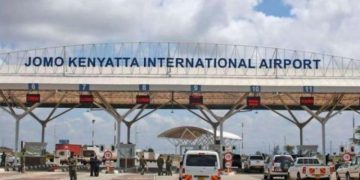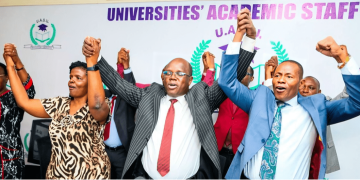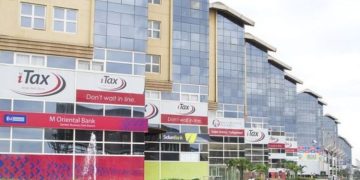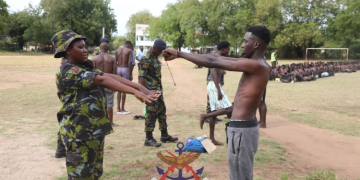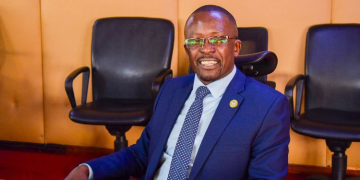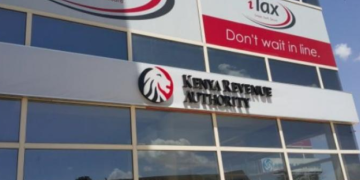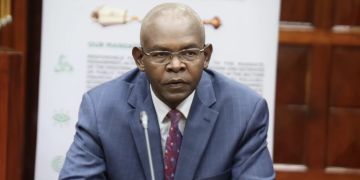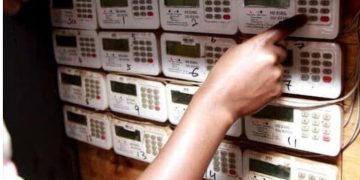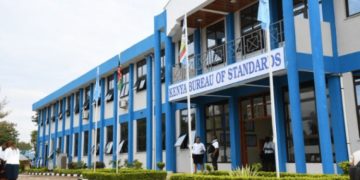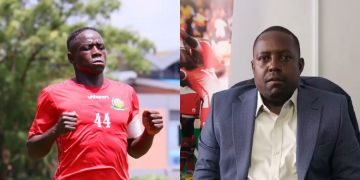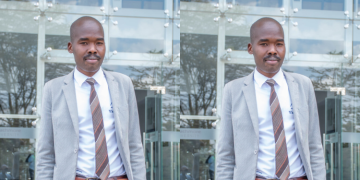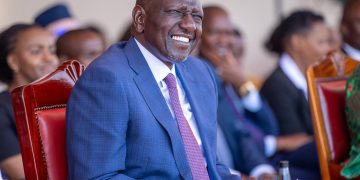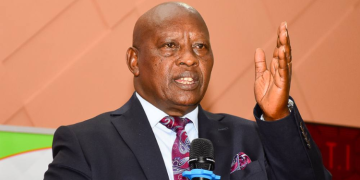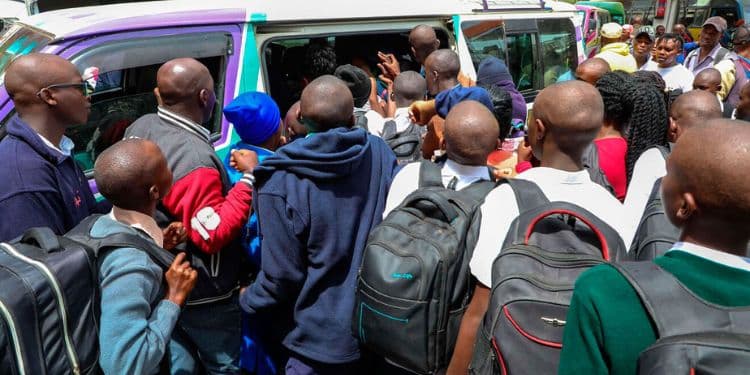Over 3,000 public secondary schools across Kenya are facing possible shutdown, as the government raises alarm on institutions operating with fewer than 150 students.
Basic Education Principal Secretary (PS) Dr. Julius Bitok has revealed that the Ministry of Education will begin urgent talks with stakeholders to decide the fate of the under-enrolled schools.
Further, the consultations will address the sustainability of the institutions as the government struggles with strained resources.
Also, because of uneven teacher distribution, the ministry is considering merging or repurposing some of the institutions to ensure efficiency and quality.
Also Read: 10 Schools Shut Down in a Week as WhatsApp Fuels Unrest
How the Govt Plans to Fix the Problem
The government aims to ensure smooth transitions under the Competency-Based Curriculum (CBC), and is therefore prioritizing the expansion of school infrastructure.
This includes building more classrooms, laboratories, dormitories, wash areas, and other essential facilities needed to support growing student populations.
To sustain the transition and support over 1.2 million learners advancing to junior school, Bitok noted that the government has invested in both personnel and infrastructure.
So far, over 76,000 teachers have been recruited and deployed nationwide, with plans to hire an additional 24,000 this financial year to meet optimal teacher-student ratios, 1:35 in senior schools and 1:25 in junior schools.
Moreover, the Ministry plans to invest in at least 1,600 additional laboratories and other key infrastructure to support learning, especially in science and technology.
Also Read: St. Patrick’s Iten Boys High School Shut Down
Resources Allocation to Schools
Resource allocation will be guided by need, with a deliberate focus on underserved and unserved regions such as informal settlements and pastoralist communities.
The PS indicated that the targeted development is meant to bridge the access gap and ensure every learner, regardless of location, benefits from a conducive learning environment.
“The Ministry will prudently deploy resources to the most deserving cases with a special focus on unserved and underserved areas such as informal settlements and pastoral communities,” Bitok said.
Additionally, he appealed for financial support to boost bursary contributions for students who are left out by the funding.
“While the Ministry supports the consolidation of bursaries to optimise reach and impact, it is acutely aware that the demand far outweighs the current supply.”
“We therefore appeal for more financial support from our partners and well-wishers.”
Follow our WhatsApp Channel and X Account for real-time news updates.


